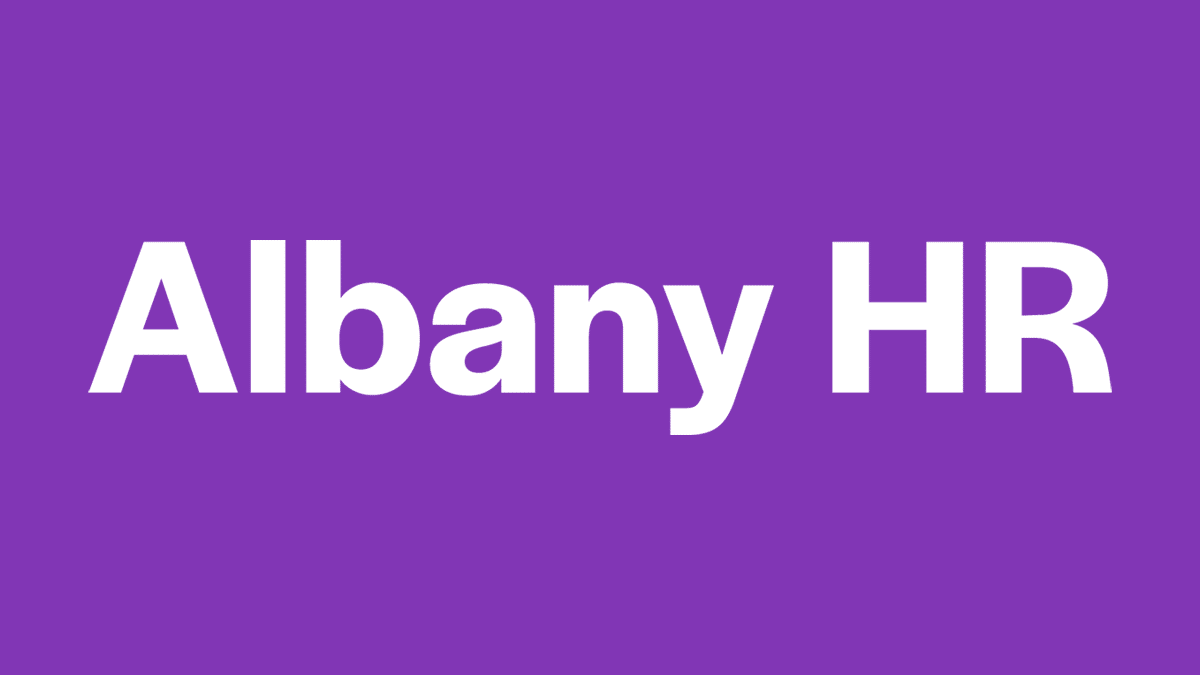Why you may need to carry out an HR Audit and the benefits it can provide for your business and your employees
If you are a business owner with a growing workforce, you may have wondered if you have everything in place for your employees. For instance:
-Have you all the necessary policies in place?
-What is coming down the pipeline?
-What legislative changes do I need to worry about?
-What about our records keeping processes and our security procedures?
-Are they all compliant?
-Are these questions keeping you up at night?
An HR Audit can alleviate the anxiety around having the right processes and procedures in place to keep your business not only compliant but also to keep your employees engaged and productive.
The Employee Life Cycle
When you look at the employee life cycle – for non-HR speakers, that means the recruitment, the reward framework, career paths and talent management, development, employee relations and (hopefully not too often)the departure of an employee. What should be in place to manage this all successfully?
The importance of an HR Audit
When we carry out an audit, we look at all the stages of the employee life cycle and identify any gaps. We have provided some examples below of what would be covered, what it could identify and the benefits of carrying out an audit.
· Recruitment
If we consider the recruitment stage of the employee journey, most of us know that this includes having current job descriptions and effective employment contracts, however there are other considerations. These include the right to work, the probationary period, and payroll processes. All the activities required to get an employee efficiently on your systems and working legally and successfully for your company.
· Policies & Procedures
In addition to the above, an HR Audit can also assess whether you are legally compliant with the correct policies and procedures in place. This can be crucial when you must deal with a performance issue, for example. Furthermore, when someone is unhappy with something at work, where do they go to raise an issue or worse to raise a concern about your business? A robust and legally compliant grievance policy and, where applicable, a whistleblowing policy could save you time and expense in any potential disputes.
What else could be covered?

An HR Audit can also cover the following (this list is not exhaustive):
· your vision and strategy,
· organisational design which can include determining if everyone has clearly defined roles and responsibilities as lack of clarity in this area is one of the greatest sources of conflict in a team, a swell as being a key reason for people not taking accountability,
· Communication plan in place to update employees and provide feedback mechanisms.
· Career Paths & Career Progression,
· Training and Development,
· Culture & Engagement,
· Reward,
The above examples and more, depending on the size of your organisation, can be reviewed, and checked when you carry out an HR Audit. You may realise after an audit that all is in place and that you have robust and compliant processes and procedures to engage your employees and provide them with the reassurance that all employees are taken care of within your business. Or there were some gaps but these have been highlighted and you can assess whether they are likely to be a risk or not.
For more support on conducting an HR Audit in your organisation, please get in touch for a chat. We’d love to help.Letstalk@albanyhr.com, 0131 364 4186.

